The New York Jets offensive line disaster is years in the making
When general manager Joe Douglas joined the New York Jets back in 2019, he immediately established a goal to build through the trenches.
The Jets’ offensive line was among the worst in the NFL in 2019. Of the nine players who started three games or more, seven are no longer playing in the NFL and the other two are backups.
Since that woeful beginning, Douglas has invested plenty of resources into building the offensive line.
In the draft, Douglas has selected two top 15 picks (Mekhi Becton and Alijah Vera-Tucker), one second-round pick (Joe Tippmann), and three fourth-round picks (Cameron Clark, Max Mitchell, Carter Warren). On top of that, Douglas has been active in free agency, giving out four contracts averaging over $9 million per season (George Fant, Connor McGovern, Laken Tomlinson, and Duane Brown).
Few teams have invested more in the offensive line since 2020 than the Jets. That is why the current state of the offensive line is so frustrating. PFF’s offensive line rankings currently have the Jets’ unit placed 31st going into Week 13.
So how did we get here? I will go through several factors and decisions the Jets have made that brought us to this point. Hopefully, we can learn what they need to do differently.
1. Big paydays for average players
While Douglas has spent plenty of money on the offensive line, he has not spent it wisely. Douglas consistently overpays for players who aren’t major difference-makers.
Douglas prioritized the offensive line in his first free agency period, signing four players to three-year contracts worth a combined total value of $86.1 million. George Fant ($30M), Connor McGovern ($27M), Alex Lewis ($18.6M), and Greg Van Roten ($10.5) were supposed to form the base that Douglas built upon.
The McGovern, Lewis, and Van Roten contracts were respectable at the time. McGovern was a quality starter in Denver and had shown consistent improvement. Lewis was acquired in a trade in 2019 and was one of the Jets’ best offensive linemen that season. Van Roten was a veteran player expected to provide leadership and hold down a guard spot.
Fant’s contract was the biggest outlier as it was tied for the second-largest given to free-agent tackles in 2020. At the time, Fant was a career backup with injury concerns. Fant getting the same contract as Brian Bulaga or Andrew Whitworth was baffling.
Even with each player having fairly modest expectations at the time, they all failed to exceed or even meet their expectations. Lewis suffered a career-ending injury and Van-Roten was a liability on his best days. Fant had a career year in 2021 but struggled with injuries and poor play in 2020 and 2022.
Only McGovern came somewhat close to meeting expectations, although his strengths and weaknesses flipped after joining the Jets. McGovern became a dominant run blocker but struggled in pass protection. While McGovern was far from the worst signing, he did not provide what the Jets were hoping for considering they signed him for his excellent pass blocking in Denver, especially considering he was one of the league’s highest-paid centers.
Douglas repeated his mistakes in 2022 as he signed two more players to contracts that exceeded their actual talent level. He handed out a three-year, $40 million contract to Laken Tomlinson and a two-year, $20 million contract to Duane Brown.
Tomlinson was considered a top-10 guard over the two seasons prior to signing with the Jets, and he ended up being the highest-paid guard in free agency in 2022. However, Tomlinson was average at best across the five seasons prior to 2021 when he was not next to superstar left tackle Trent Williams, and he had also just turned 30. While nobody expected his play to drop off as significantly as it did, there were concerns at the time and other options available.
The Brown signing was due to desperation following Mekhi Becton getting hurt but still qualifies. Younger and better players were signed for less in the months leading up to camp despite Becton’s and Fant’s health being a concern. The lack of preparation forced the Jets to overpay for a player who peaked in the previous decade. The Brown signing brings us to the next big mistake Joe Douglas made.
2. Insufficient depth
Offensive line depth has been a major issue for the Jets as practice squad players and waiver claims are frequently in the Jets’ starting lineup by the end of the season. While the interior hasn’t been terrible with players like Wes Schweitzer, Dan Feeney, and Laurent Duvernay-Tardif providing acceptable play, the Jets’ tackle depth has been horrific.
The Jets’ primary backup tackles each season have included lowly players such as Conor McDermott, Chuma Edoga, Mike Remmers, and Cedric Ogbuehi. The lone exception was Morgan Moses in 2021, who was signed in the early summer.
Douglas should’ve learned his lesson as Moses saved the Jets’ offensive line when Becton got injured in Week 1. Unfortunately, he didn’t, as the Jets did not prioritize finding a backup in the 2022 offseason. This forced them to panic and overpay Brown a few weeks before the start of the season.
Considering the Jets have only had two offensive linemen play every game in a single season since 2020 (Tomlinson, McGovern), you’d think Douglas would make it a priority to find quality depth for the offensive line. He’s had several opportunities to do so.
The Jets’ poor depth could have been addressed by retaining some of their former starters. Kelvin Beachum left in 2020 for only $1.2 million and was a respectable starting tackle for three years in Arizona before being the primary backup in 2023. Morgan Moses left in 2022 for a three-year, $15 million contract with the Ravens where he’s started the last two years. In 2023, George Fant left for a one-year, $3.1 million contract and is having a quality year starting in Houston.
The sum of those three players’ contracts is still cheaper than Duane Brown’s ($10 million per year), and they are all playing at a higher level. This doesn’t even include all the other possible options that were available in free agency or the draft.
The depth of the offensive line is a higher priority because of the single biggest factor that is causing the Jets’ offensive line to struggle.
3. Health
The Jets’ offensive line, and most of the roster in general, simply has not been able to stay healthy over the last several years.
Since 2020, the Jets’ expected starting offensive linemen have only played 207 out of 305 possible games, or 68% of possible games. Becton (24/61), Vera-Tucker (28/45), Fant (37/50), and Brown (15/28) have been the primary culprits but even backups are struggling to stay healthy.
This problem has only been amplified in the last two years as that number drops to 85 of 140 possible games (61%). The injuries have generally hit their best players as well with Alijah Vera-Tucker set to miss 22 of 34 games from 2022-2023.
By the end of each season, the offensive line has been reduced to career backups or late-round picks. When players like Josh Andrews, Nate Herbig, Connor McDermott, or Pat Elflein are the primary starters, there will always be issues.
Some of the players had health concerns before signing. Becton was healthy his entire college career but his size concerned many teams. Fant and Brown had both struggled with injuries in the years before joining the Jets. However, other players with no previous durability issues have become prone to injury after joining the Jets.
What can be done?
This is a much more difficult question for Joe Douglas and the New York Jets to answer. As I stated at the start, they are putting plenty of resources into their offensive line and generally target proven players. Two key issues stand out for the Jets, however.
Health is by far the biggest factor holding back the offensive line. Relying on Becton, Fant, or Brown to stay healthy with no alternative is a high-risk strategy that the Jets must stop repeating. Whether it’s placing a higher premium on targeting durable players or improving their training staff and field to keep them healthy, the Jets need to make a change.
The next change is how they approach free agency. Douglas has consistently overpaid for players in free agency, especially for players who aren’t particularly outstanding. In 2020 free agency, Fant was the second-highest-paid tackle despite not being a starter and McGovern was paid over double the next-highest center. In 2022, Douglas gave Tomlinson a top-10 guard contract and then overpaid for Brown.
There were better, healthier, younger, and cheaper players available at both guard and tackle in 2022, such as James Daniels or Riley Reiff. The Jets have trapped themselves with their bad contracts as they’ve restructured several, leaving them with highly paid underperforming players that they can’t replace.
As things stand, Douglas is in a much better position than he was when he first joined the Jets in 2019. Alijah Vera-Tucker is a star although his health is becoming a concern. Joe Tippmann has been one of the lone bright spots of the 2023 draft class. Mekhi Becton is playing well and avoiding injury. Carter Warren and Max Mitchell could possibly develop into solid depth.
Finding a solution at tackle and figuring out how to stay healthy are the final pieces for the Jets’ offensive line.
In the short term, the situation should improve this week. The Jets are expecting to get Becton and Brown back from injury as well as guard Wes Schweitzer. The Jets offense should have a fighting chance of being functional against the Falcons this week.
Going forward, however, Douglas must learn from his past mistakes to ensure the Jets’ offensive line never finds itself in this deep of a hole again.


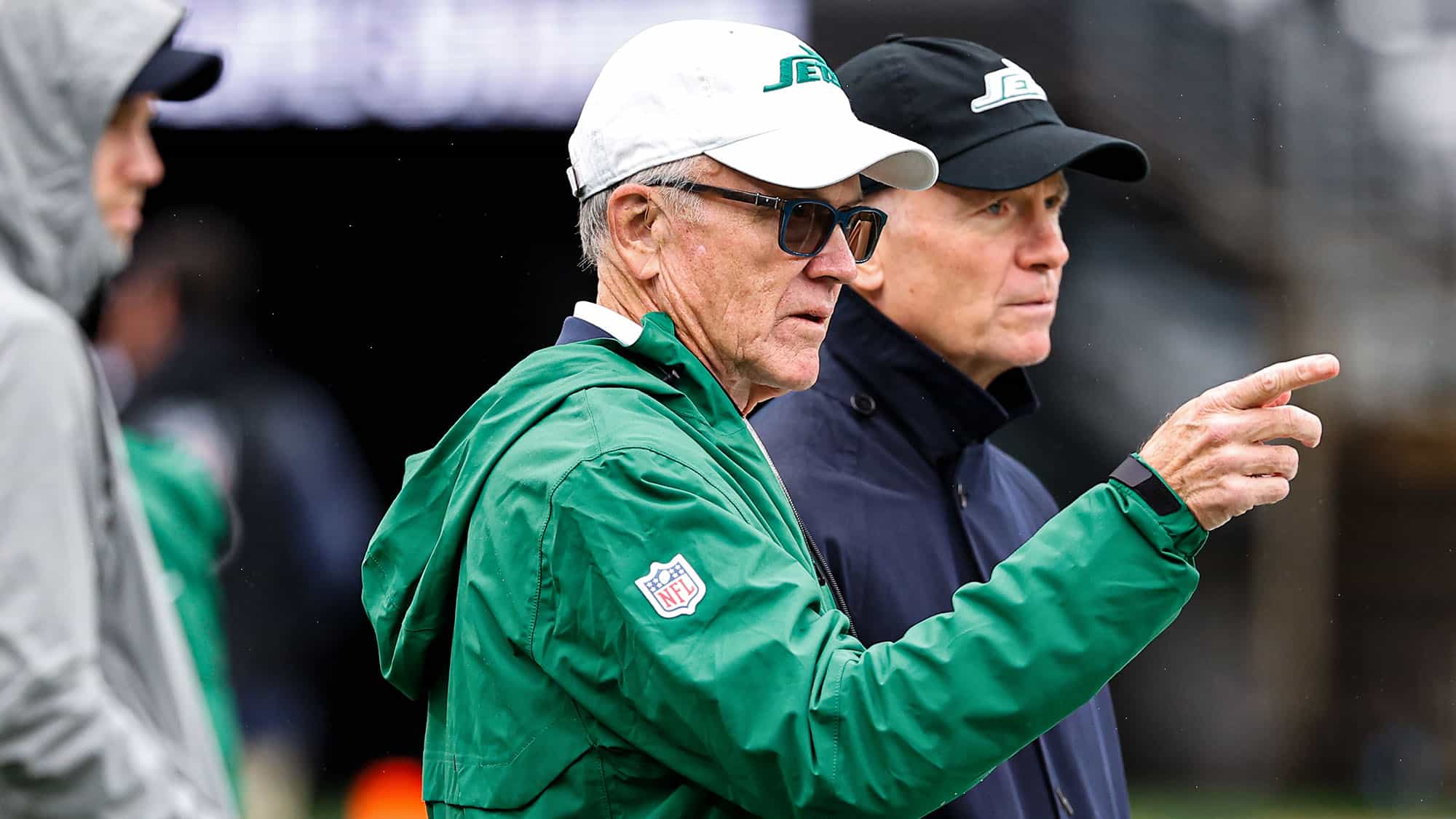


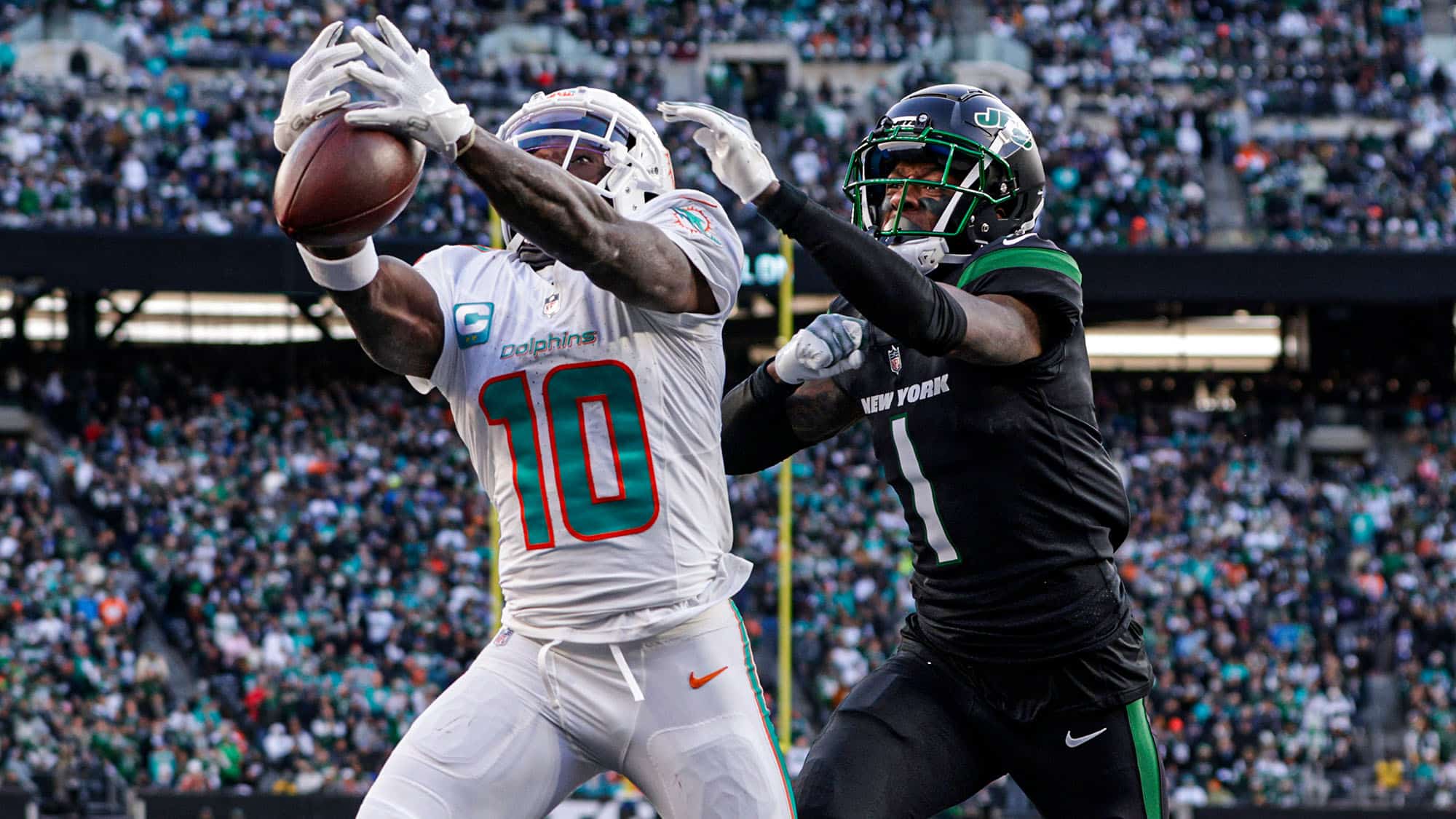


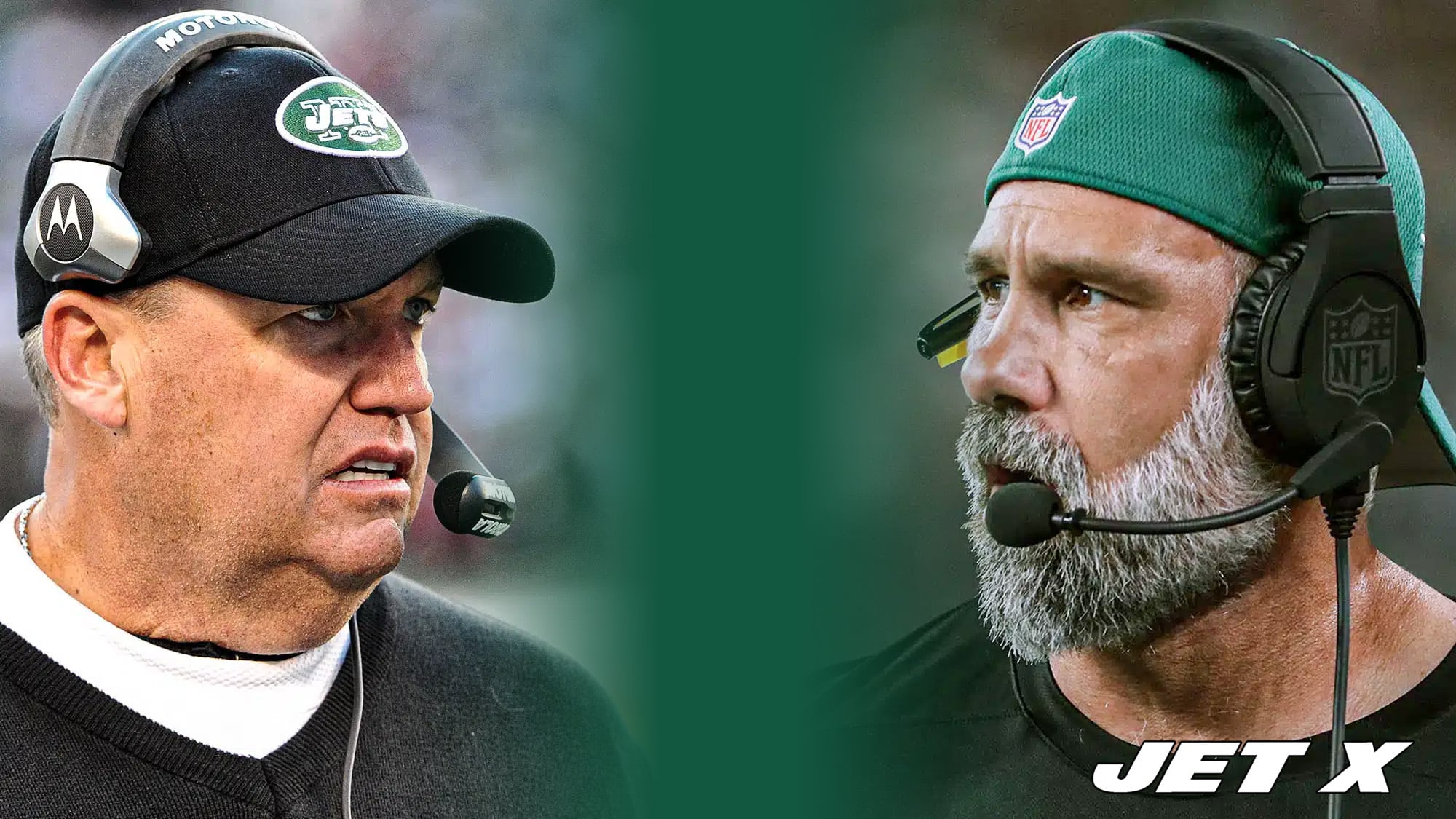
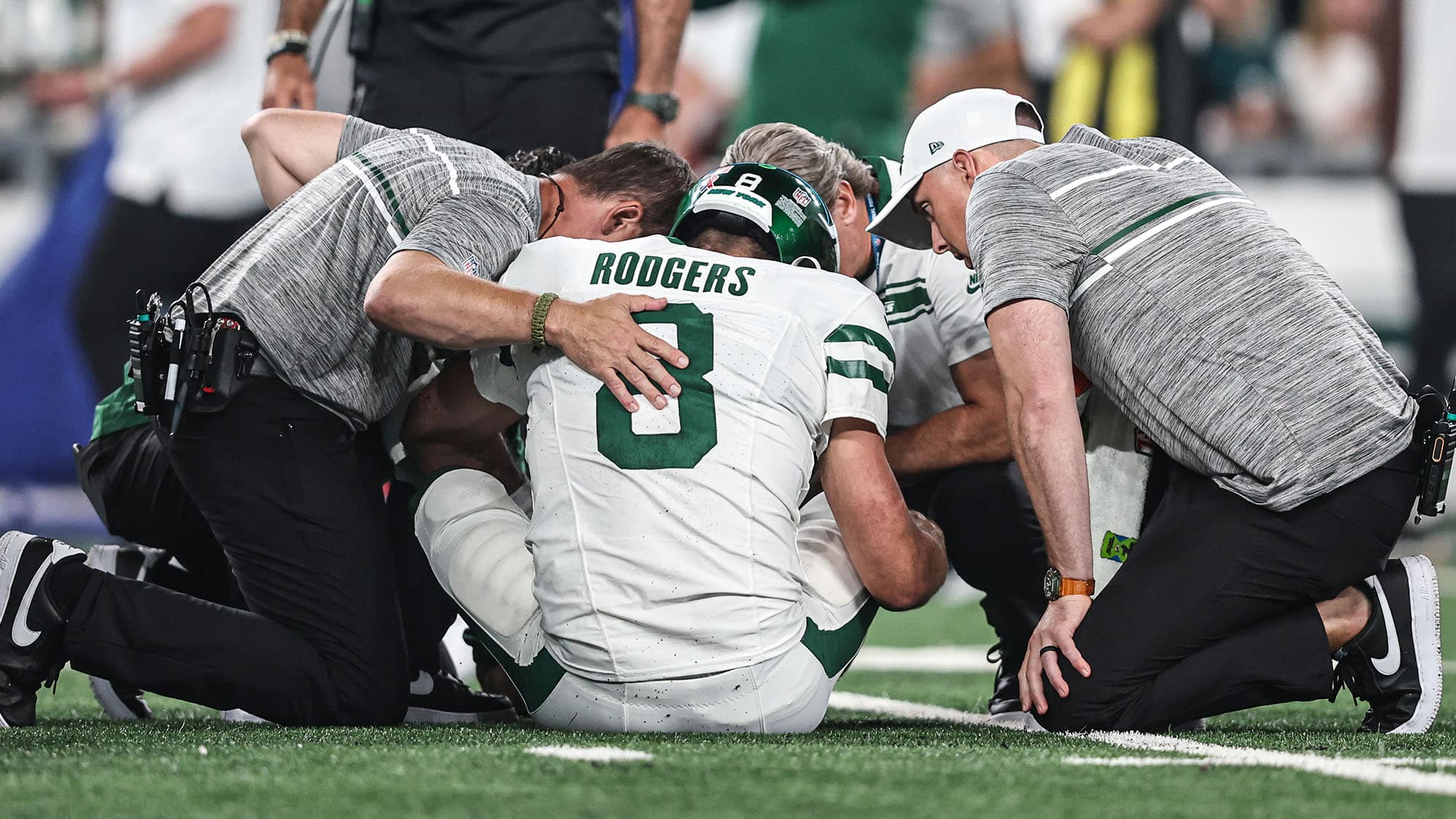
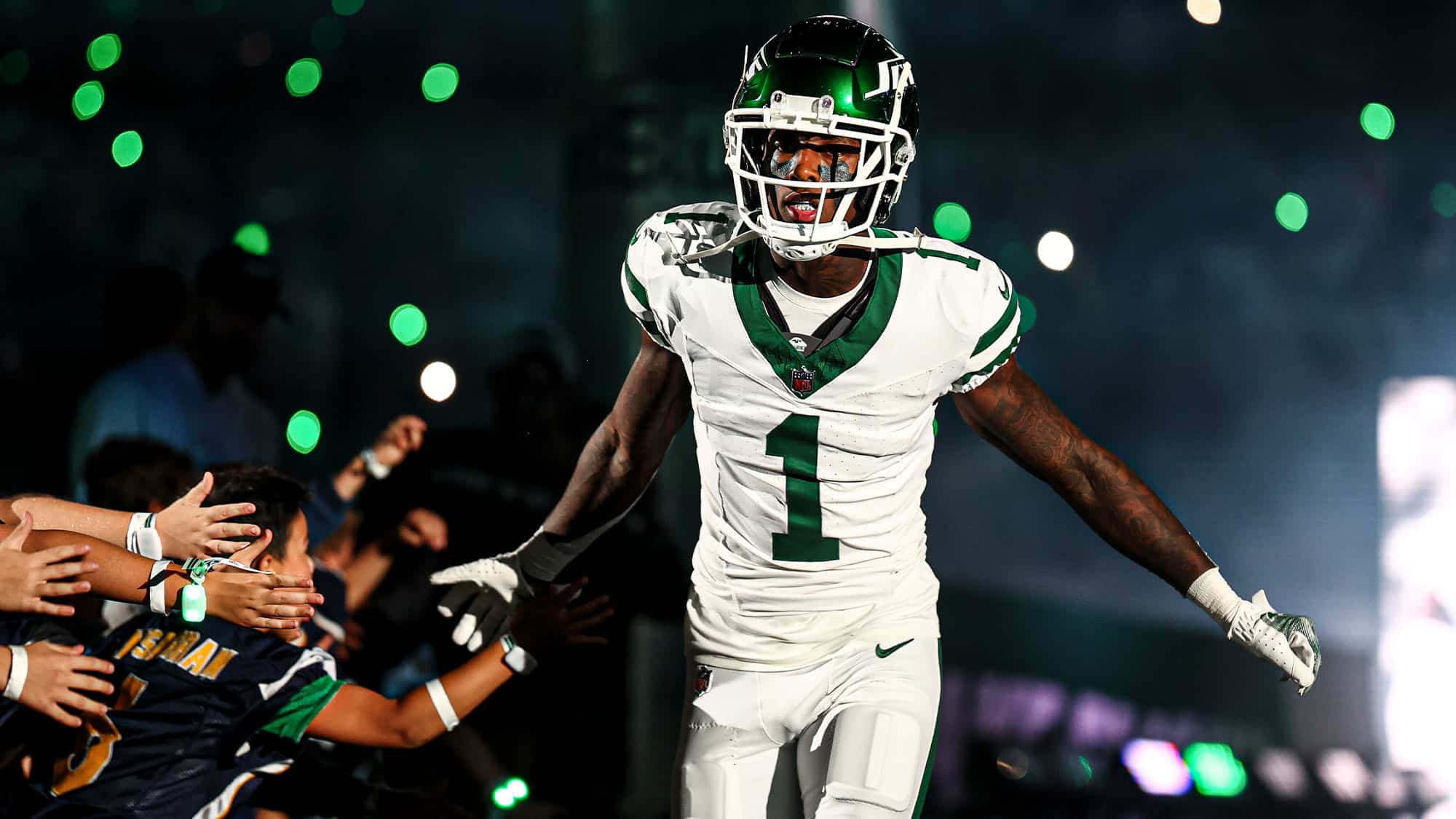
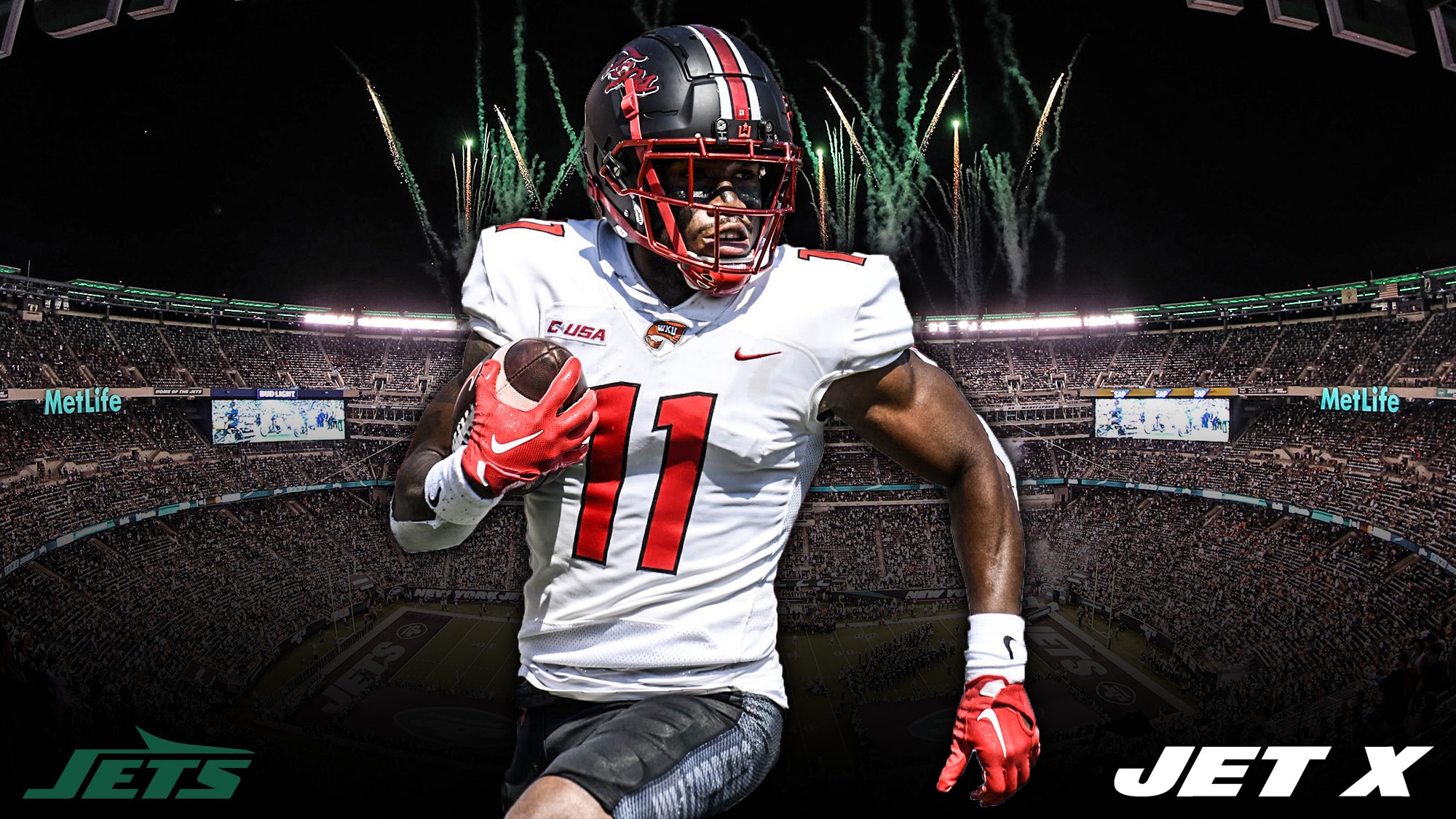
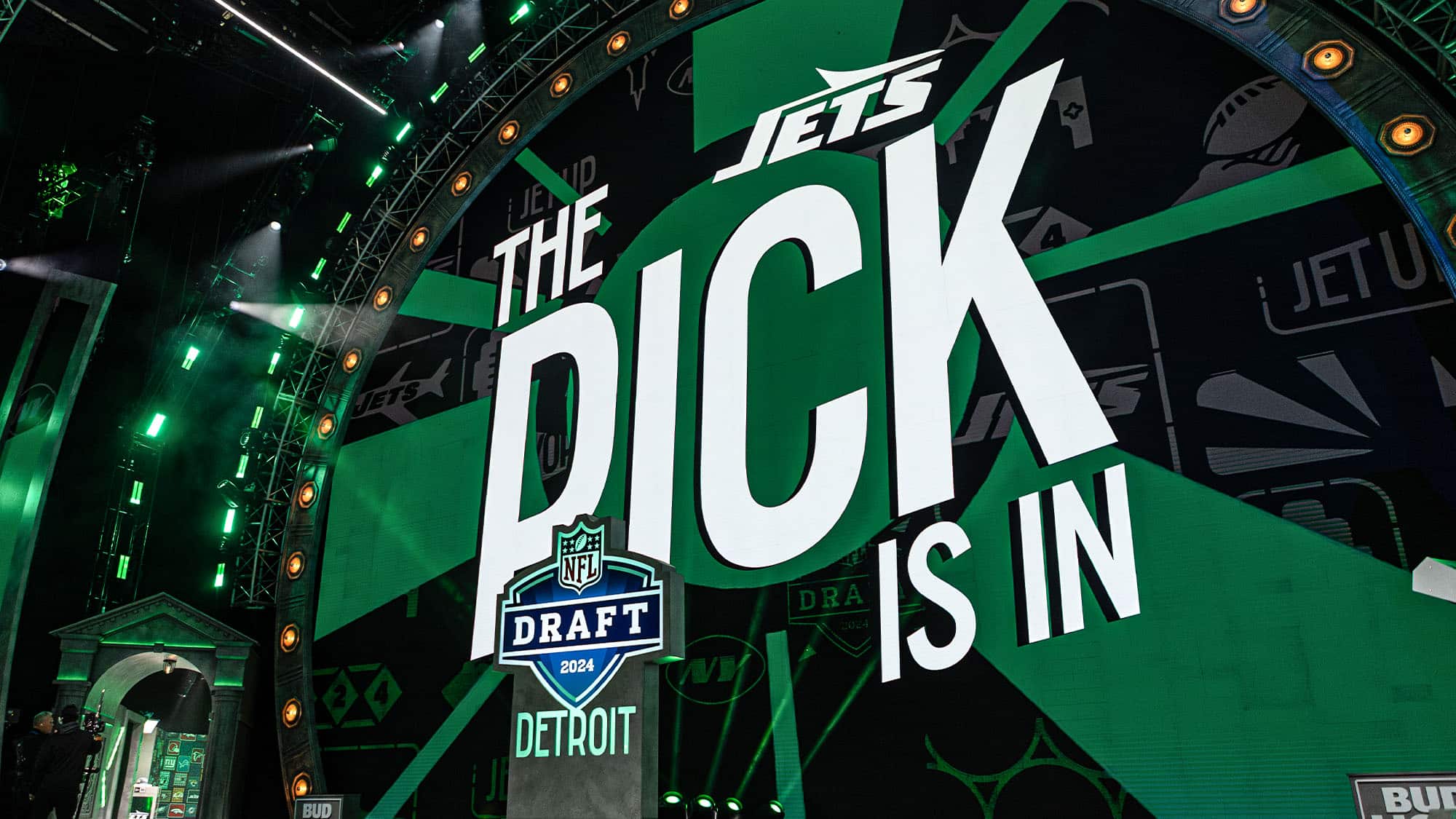
Considering how many free agents have turned down the Jets lately, I don’t know if you can blame Douglas for overpaying the guys he has gotten. It could be that any GM of the Jets has to overpay to get guys to play here. Missing the playoffs for another year, making it 13 years in a row, will not help matters.
I was just thinking the same thing. If I was an offensive line free agent in 2020, 2021 or 2022, I would not have signed with the Jets unless (1) I had no other options and (2) the Jets paid me a premium to sign. Otherwise I would have signed with a team with a better chance of making the playoffs. So I don’t blame Douglas for overpaying.
I do think, however, that he has not been the superior talent analyst we were told he was. So I do hold him accountable for not properly analyzing the talent of the players he signed.
Riley Reiff stinks.